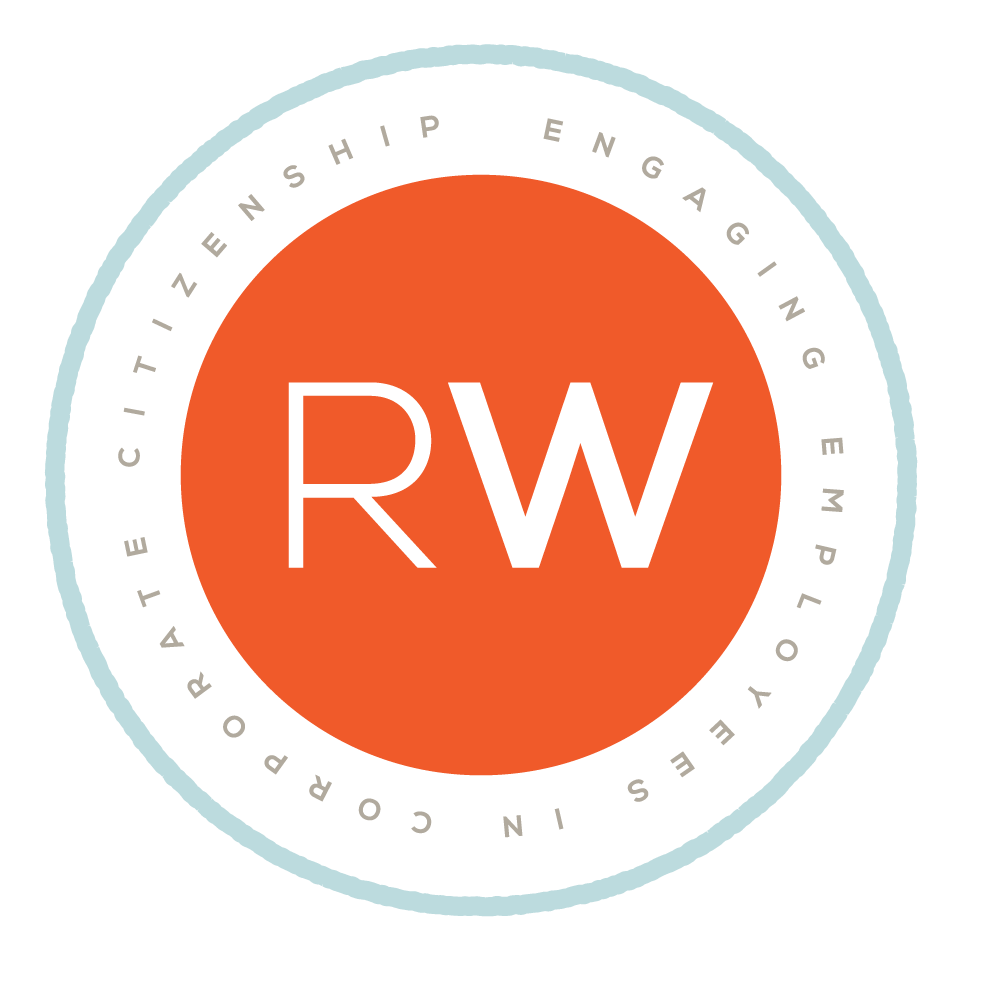Don't Waste Your Corporate Citizenship Story
Corporate citizenship stories should strike readers as both authentic and compelling. Most of the time they don't. Here's why plus some tips on how to do it right.
Visa: A case study on what NOT to do
Read the original article here.Visa recently posted a blog on their site titled 'VISA’S GLOBAL APPROACH TO VOLUNTEERISM'. It is meant to show how "Visa employees around the world are making a difference by giving back to their local communities."
It doesn't.
In fact, it is (unfortunately) a perfect example of how to waste the important contributions of your employees in the community. (Although, if you disagree, I'd be happy to hear your thoughts.)
Here are four questions off the top of my head regarding this article:
What is the value? Telling me why Visa thinks Visa is great is not all that inspiring. More importantly, I can't find any value in the article that makes it worth sharing with my network.
Who is the audience? Maybe there's an audience, but I can’t figure out who it is. I know it’s not me. Although the article is posted on Visa’s blog page, it doesn't read as a blog; it reads as a press release. Even then, I’m not sure who the communications department is targeting. Is there a group of journalists out there furiously writing about the volunteer hours of companies? Nope.
What is the Impact?Sharing that your employees volunteer in their communities is only the beginning. Companies need to start talking more (a lot more) about how the world is better off as a result of the volunteering. What’s the impact? Whose lives have been changed? What social or environmental issues are being addressed?
What is the hook? This information is just...information. It's not compelling. It lacks story and emotion. Listing activities isn’t good enough. I think it’s fantastic that Visa employees volunteer at a children’s AIDS clinic in Johannesburg, but that’s not enough to grab my attention. Let one of your employees share their story about that experience. You need a hook - not a bullet point.
We recently presented on this very topic at the 2012 VolunteerMatch Client Summit in San Francisco. My partner, Angela Parker, wrote an article summarizing our session ‘Harnessing Social Media to Advance Your EVP and CSR Efforts’.
I think you’ll find some practical tips on how to talk about your Corporate Citizenship story - especially if you use (or hope to use) social media.
Before you read Angela's article, I want to be clear that I am not making a judgement on Visa's corporate citizenship efforts. I certainly do not wish to belittle the outstanding efforts of Visa's employees. In fact, it's just the opposite. I think the volunteering actions of Visa's employees deserve better than this.
Much better!
_____________________________
The following article was originally posted on VolunteerMatch’s site - Volunteering Is CSR, June 7, 2012.
Companies want their corporate citizenship story to strike readers as both authentic and compelling. Increasingly, corporations are turning to social media to talk about their citizenship efforts. Even CSR reports are digitally interactive with cool sites chock full of facts, figures, diagrams and charts.
Yet most corporate conversations on social media fall far short of moving anyone to re-imagine corporations as good and upstanding citizens.
Why the disconnect?
The problem isn’t the content – it’s the language.
Social is Social – Whether It’s Digitalized or Not“We view online social networks as media, not because they help us communicate, but because they extend human relationships.” -Chris Brogan, Trust Agents
Successfully telling the corporate citizenship story using social media is not primarily about having a proper strategy in place. It’s not even about finding the right platform, getting CEO participation, or tracking ROI – and it is certainly not about creating a viral video. (I could go off on a tangent about that one.) The rules of communication via social media are the same as those of real-world social interactions. What someone doesn’t want to hear from you at a party, they don’t want to hear from you online. Let me explain what I mean…
Read the rest of the blog here. _____________________________________________________________________
Angela Parker is the co-founder and partner at Realized Worth, a leading employee volunteering and CSR consulting firm. As a senior consultant, she works with companies across the globe on creating highly engaging corporate citizenship initiatives. Realized Worth does more than design great employee volunteer programs; they know what it takes to motivate employees to participate in those programs. Angela writes regularly for the Realized Worth blog. You can find her on LinkedIn, Twitter and Facebook.

